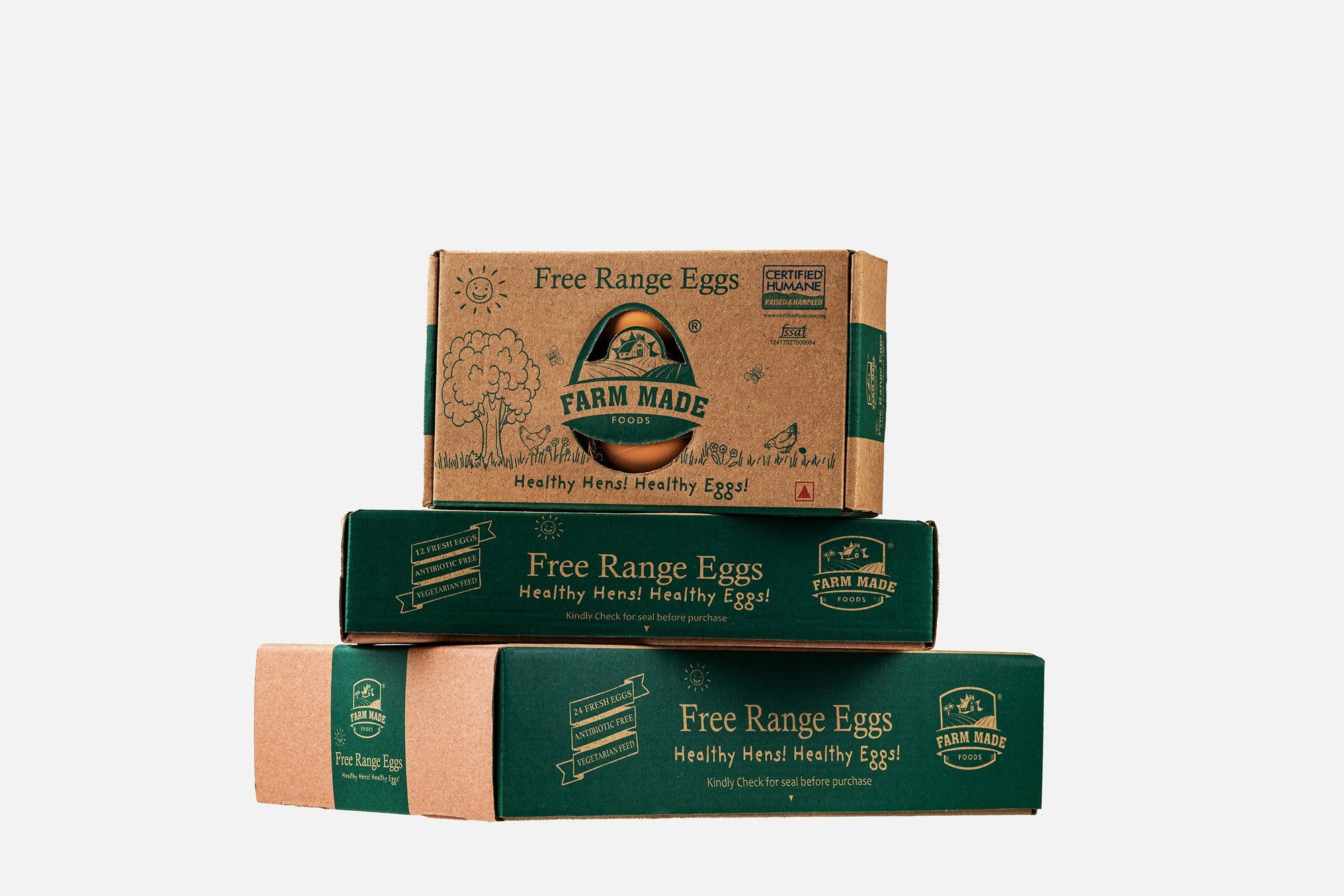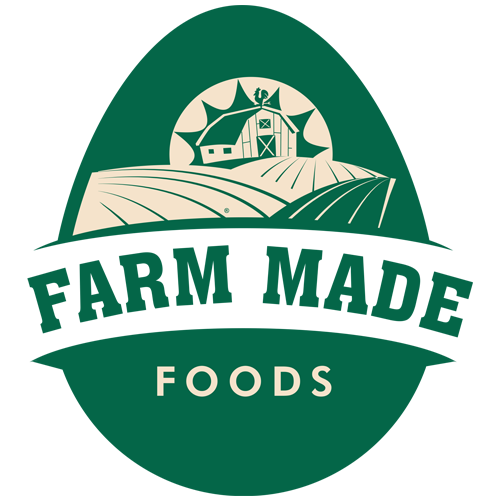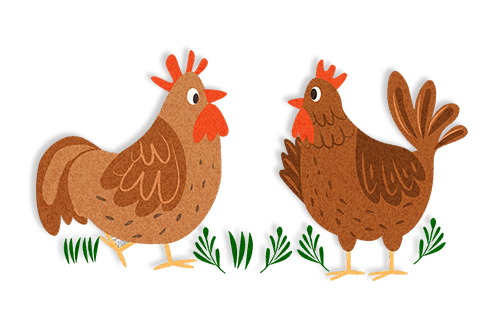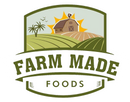

The Truth About Labels: Natural, Cage-Free and Free-Range Eggs
Walk into any supermarket and you’ll find dozens of egg cartons with words like natural eggs, cage-free, free-range, or even certified humane eggs. While these labels look impressive, they can also be confusing. What do they actually mean? And more importantly, which ones should you trust when buying eggs for your family?
This blog explores the truth behind egg labels, including what terms like cage-free and free-range eggs mean, and how to make sense of what’s printed on cartons and labels.
Why Egg Labels Matter
Labels for egg boxes aren’t just marketing - they inform you about how the hens are raised, what they’re fed, and the farming practices used. Choosing the right label means making a more informed decision about nutrition, animal welfare, and even sustainability.
Consumers today are paying closer attention to what’s inside their food. Transparency around production practices has become just as important as taste or price. That’s why understanding egg labels is no longer just a matter of curiosity - it’s a way to align your purchases with your values.
Natural Eggs
The term natural eggs is one of the most common labels you’ll see. However, it doesn’t have a strict regulatory definition. It usually means the eggs are minimally processed and free from artificial colours or flavours - but it doesn’t necessarily refer to how the hens are raised.
For consumers, this can be misleading. “Natural” may sound like a marker of higher quality, but it’s best to check for additional information on the carton before assuming the eggs were produced in healthier or more humane ways.
Cage-Free Eggs
Cage-free eggs come from hens that aren’t kept in small cages. Instead, they live indoors in barns where they can walk, spread their wings, and nest naturally. Cage-free is an important step toward better hen welfare compared to conventional caged systems.
However, unlike free-range hens, cage-free hens do not have outdoor access. For shoppers comparing options, it’s helpful to know that both cage-free and free-range offer improvements in welfare, with free-range adding the benefit of space and time outdoors.
Free-Range Eggs
Free-range eggs take things a step further. These hens not only live outside of cages but also have access to outdoor spaces. They can forage, dust bathe, and enjoy natural sunlight. The combination of freedom and natural diets is what sets them apart from caged or cage-free systems.
The benefits of free-range eggs often include richer, firmer yolks and fresher taste thanks to the hens’ active, outdoor lifestyle and diet.
Certified Free-Range and Certified Humane Eggs
Some labels, like certified free-range eggs or certified humane eggs, indicate that third-party organizations have verified the farming practices. These certifications provide an added layer of trust, showing that the eggs truly meet welfare and quality standards.
When choosing between cage-free and free-range eggs, looking for certifications on the carton can make a big difference. Certification assures that the claims are backed by actual checks and audits, not just marketing language.
Decoding Cartons and Labels
Egg cartons can feel overwhelming with all the information they display. Here are some things to look out for:
- Farming system: Whether it’s caged, cage-free, or free-range.
- Certifications: Logos that prove the claims, like certified humane or certified free-range.
- Nutritional notes: Some cartons mention higher omega-3 content or enriched feed.
- Best before dates: Always check freshness alongside labels.
By learning how to read egg labels, you can choose products that align with your values, health goals, and budget.
Why Labels Can Be Misleading
Some labels, like “farm fresh” or “natural,” are often unregulated. While they sound appealing, they don’t always reflect animal welfare or nutritional superiority.
This is why certifications matter. If you want to be certain about what you’re buying, check for certified free-range eggs or certified humane eggs on the carton. These ensure the farming practices match the claims made.
Why Consumers Care More Today
Eggs have always been a staple food, but the way they’re produced has come under more scrutiny in recent years. Shoppers now ask questions about farming practices, animal treatment, and environmental impact. Labels like cage-free and free-range eggs help answer those concerns, but only when they’re accurate and transparent.
The world of egg labels can be confusing, but understanding the basics helps cut through the noise. While all eggs provide protein and nutrients, the way hens are raised influences farming ethics and overall quality. If you care about nutrition, animal welfare, or sustainability, paying attention to terms like certified free-range eggs or certified humane eggs is worth it.
Next time you’re standing in front of a wall of cartons and labels, you’ll know exactly what each term means - and how to choose the eggs that are right for you.
FAQs For Egg Carton Labels Guide
Do egg labels differ by country or region?
Yes, egg labels can vary depending on the country or region. Some places have strict regulations defining terms like “cage-free” or “free-range,” while others use lenient guidelines. That’s why it’s always important to look for third-party certifications or local standards when buying eggs.
What should I look for on cartons and labels when buying eggs?
When reading labels for egg boxes, check for clear farming methods (caged, cage-free, or free-range), certifications like certified humane eggs, and nutritional notes. Also, look at the “best before” date for freshness. Choosing cartons with verified claims ensures you get eggs that meet your standards.
How can I check if egg labels are genuine?
The easiest way is to look for third-party verification, like certified free-range eggs or certified humane logos. You can also check the farm or brand’s website for transparency about their practices. If a carton uses vague terms without proof, the label may not be entirely reliable.


